If you’re committed to shedding unwanted pounds, you’re likely exploring foods that offer delicious flavor and effective weight loss benefits. Say hello to salmon – a delectable dish that boasts powerful attributes to support your slimming goals.
In this post, we’ll investigate the query, “Is Salmon good for weight loss?” and provide evidence-based explanations of why you ought to integrate this mouthwatering fare into your dietary repertoire. Join us as we unearth the captivating link between salmon and weight loss!
Related articles
- Are Sweet Potatoes Good for Weight Loss? Explore the Benefits.
- Do Almonds Help You Lose Weight? Health Benefits and Risks.
- Can Avocado Help You Lose Weight? The Reality Check.
Is Salmon Healthy for Weight Loss?
Indeed, salmon can be a valuable component in your weight loss journey but let’s clarify some important points. It’s not a miracle solution on its own, but it can certainly play a significant role in your efforts.
- Rich in Protein: Salmon is an excellent source of high-quality protein, a crucial component for weight loss. Protein not only supports muscle growth and repair but also keeps you feeling satiated for longer periods. This can be instrumental in reducing your overall calorie consumption as you’ll be less inclined to snack between meals.
- Omega-3 Fatty Acids: Salmon boasts omega-3 fatty acids, which offer numerous health benefits, including improved insulin sensitivity. This means your body can better regulate blood sugar levels, potentially curbing your cravings for sugary or high-carbohydrate foods.
- Calorie Deficit Matters: It’s essential to understand that eating salmon alone won’t guarantee weight loss. To shed those extra pounds, you must create a calorie deficit, consuming fewer calories than you expend through physical activity and daily tasks.
- Portion Control: While salmon is nutritious, it’s crucial to be mindful of portion sizes. Overeating even healthy foods can hinder your weight loss progress. A typical serving of salmon is about 3-4 ounces.
- Holistic Approach: Remember that successful weight loss involves a comprehensive approach. Alongside incorporating salmon into your diet, engage in regular physical activity, and adopt an overall balanced lifestyle.
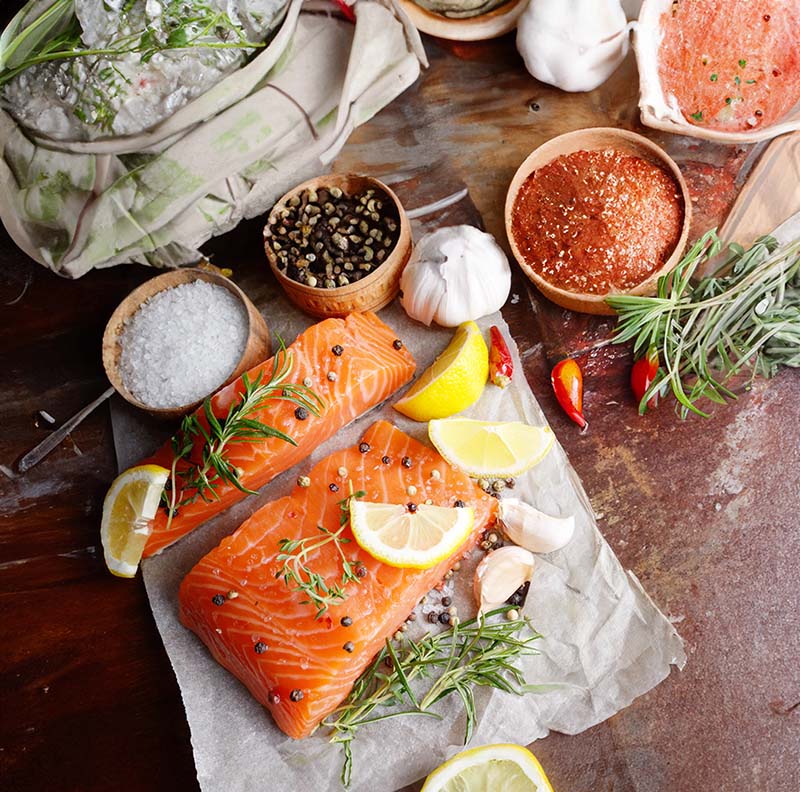
Salmon’s Role in Weight Management
Salmon, often considered a fatty fish, can actually be a valuable ally in your weight management journey, despite initial concerns about its caloric content.
- Calorie Considerations: It’s worth noting that salmon is relatively moderate in calories, with just a little over 200 calories per serving. However, calorie counting alone does not provide the full picture when it comes to weight loss. The key is to establish a balanced diet that promotes overall health, and salmon excels in this regard.
- Nutrient-Rich Profile: Salmon offers a treasure trove of nutrients beyond its calorie count. It is an excellent source of protein, omega-3 fatty acids, and a variety of essential nutrients that contribute to your overall well-being.
- Well-Rounded Meal Plans: Including salmon in a balanced meal plan, you can reap its nutritional benefits while working towards your weight loss goals. Pair it with a variety of vegetables, whole grains, and other lean proteins for a balanced and satisfying meal.
- Convenience Matters: If you’re looking for convenience and variety in your weight loss journey, consider utilizing a reputable weight loss meal delivery service. These services often offer a range of nutritious meals featuring salmon, making it easier to stick to your weight loss goals.
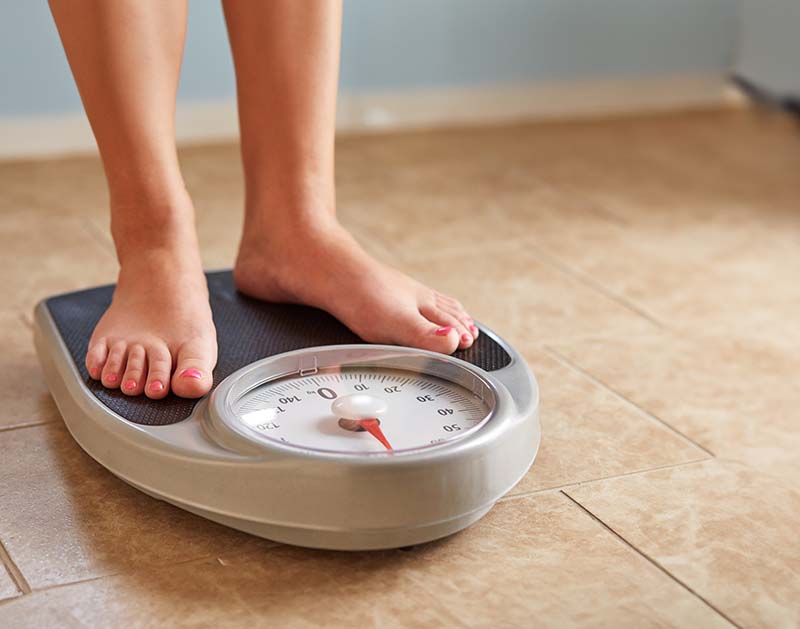
Exploring the Nutritional Composition of Salmon
Let’s delve into the nutritional composition of salmon, a versatile and nutrient-packed fish. Keep in mind that the nutritional content can slightly vary between different types of salmon, with farmed and wild-caught salmon having some distinctions.
Varieties of Salmon
- Farmed Salmon: This type contains slightly more healthy fats and calories compared to wild-caught salmon.
- Wild-Caught Salmon: Wild-caught salmon, on the other hand, is a bit higher in protein.
Key Nutrients in Salmon (Per 3.5-Ounce/100-Gram Serving)
Wild Salmon:
- Calories: 182
- Protein: 25 grams
- Fat: 8 grams
- Vitamin B12: Provides 127% of the Daily Value (DV)
- Vitamin B6: Offers 56% of the DV
- Selenium: Contains 85% of the DV
- Niacin: Provides 63% of the DV
- Pantothenic Acid: Offers 38% of the DV
- Thiamine: Provides 23% of the DV
- Phosphorus: Contains 21% of the DV
Farmed Salmon:
- Calories: 206
- Protein: 22 grams
- Fat: 12 grams
- Vitamin B12: Provides 117% of the DV
- Vitamin B6: Offers 38% of the DV
- Selenium: Contains 75% of the DV
- Niacin: Provides 50% of the DV
- Pantothenic Acid: Offers 30% of the DV
- Thiamine: Provides 28% of the DV
- Phosphorus: Contains 20% of the DV
Notable Nutrients in Salmon:
- Selenium: Salmon is particularly rich in selenium, a vital nutrient involved in DNA synthesis, thyroid hormone metabolism, and reproductive health.
- Omega-3 Fatty Acids: Salmon is an exceptional source of omega-3 fatty acids, which are known for their heart-healthy benefits. They help reduce inflammation and support brain health.
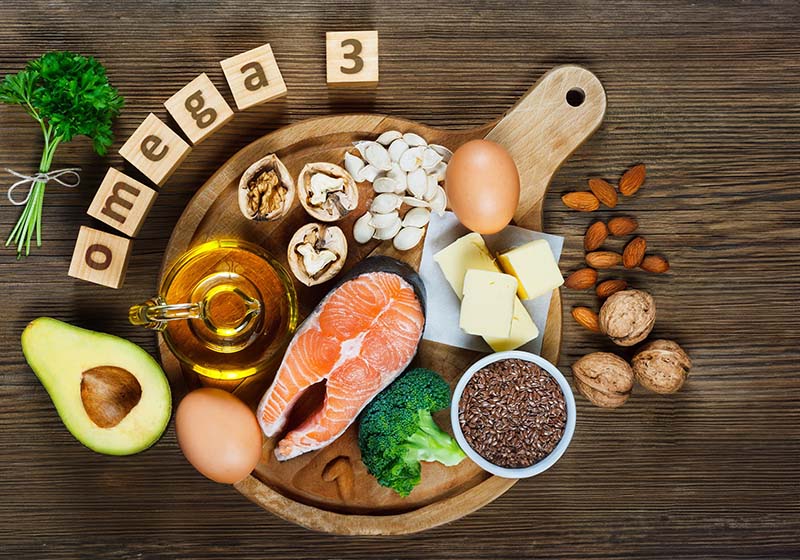
- Vitamin B12: Salmon is abundant in vitamin B12, necessary for producing red blood cells and regulating the central nervous system’s health.

Health Benefits of Eating Salmon
Salmon is a nutritional powerhouse, offering a multitude of health benefits that make it a valuable addition to your diet. Let’s explore these benefits in more detail:
Provides High Quality Protein
- Salmon is rich in high-quality protein, essential for various bodily functions.
- Protein aids in healing after injuries, supports bone health, and preserves muscle mass during weight loss and aging.
- Research suggests that each meal should provide around 20-30 grams of high-quality protein for optimal health.
- A 3.5-ounce (100-gram) serving of salmon provides 22-25 grams of protein.
Supports Weight Loss
- Salmon’s protein content helps regulate appetite and promotes satiety, aiding weight loss efforts.
- Protein-rich foods like salmon temporarily boost metabolic rate more than other foods.
- Omega-3 fats in salmon may facilitate weight loss and reduce belly fat when combined with an active lifestyle.
- DHA, a prominent omega-3 in salmon, has shown significant reductions in liver and belly fat in some studies.
- Salmon is relatively low in calories, with a 3.5-ounce serving of farmed salmon containing 206 calories and wild salmon having 182 calories.
Rich in Omega-3 fatty Acids
- Salmon is a top source of long-chain omega-3 fatty acids, EPA, and DHA.
- Omega-3s are considered essential since they must be obtained from the diet.
- Omega-3s are linked to numerous health benefits, including reduced inflammation, lower blood pressure, cancer risk reduction, and improved arterial function.
- Eating fish like salmon is more effective in increasing omega-3 levels than taking fish oil capsules.
- Consuming at least two servings of salmon per week helps meet omega-3 fatty acid needs.
Rich in Micronutrients
- Salmon is rich in micronutrients, particularly B vitamins and selenium, a potent antioxidant.
- Selenium plays a crucial role in protecting cells from oxidative damage and supports immune function.
Possesses Antioxidant and Anti-inflammatory Qualities
- Salmon contains astaxanthin, a potent antioxidant that gives it its pink color.
- Astaxanthin, along with omega-3 fats, helps combat oxidative and inflammatory damage in the body.
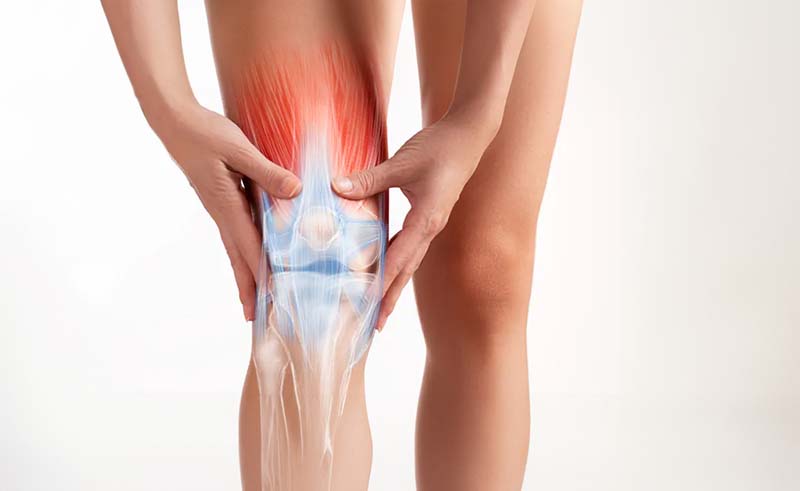
Convenient
- Salmon’s unique, delicate flavor and versatility in cooking methods make it a popular choice.
- It can be steamed, sautéed, smoked, grilled, baked, poached, or served raw in sushi and sashimi.
- Canned salmon is a convenient and cost-effective option with a similar nutritional profile to fresh fish, often being wild-caught.
- Opt for BPA-free canned salmon to avoid potential health risks associated with this chemical.
How Often Should You Eat Salmon for Weight Loss?
When it comes to incorporating salmon into your weight loss plan, it’s important to strike a balance between reaping its benefits and managing your overall calorie intake. Here’s a recommended frequency:
- Aim to include salmon in your diet 2-3 times per week for weight loss.
- Each serving of salmon should be approximately 3-4 ounces (85-113 grams) of cooked salmon.
- This serving size provides an adequate amount of protein and healthy fats without excessively increasing your calorie intake.
- Remember that while salmon is an excellent choice, a well-rounded weight loss plan should include a variety of other nutritious foods.
Notes:
- Ensure your overall calorie consumption aligns with your weight loss goals. Tracking your calorie intake using a food diary or a tracking app can help.
- Opt for cooking methods that don’t add excess calories, such as grilling, baking, or poaching, to keep your meals calorie-controlled.
- Balance your salmon servings with plenty of vegetables, whole grains, and lean proteins to create a balanced and satisfying meal plan.
- Consult with a registered dietitian or nutritionist for personalized advice tailored to your specific weight loss needs and dietary preferences. They can help you create a well-rounded and effective weight loss plan that includes the right amount of salmon.
Side Effects of Eating Salmon
While salmon is undeniably a healthy food choice, it’s essential to be aware of potential side effects associated with excessive consumption and certain types of salmon:
Mercury Accumulation
- Salmon, especially larger and older fish, may contain higher levels of mercury and other pollutants.
- Excessive consumption can lead to mercury buildup in the body, potentially causing health issues.
Contaminants in Farmed Salmon
- Farmed salmon may contain elevated levels of contaminants like PCBs.
- These pollutants can have adverse health effects when consumed in large quantities.
Imbalance of Fatty Acids
- Overindulging in salmon or other fatty fish can lead to an imbalance between omega-3 and omega-6 fatty acids.
- Maintaining a proper balance between these fatty acids is crucial for overall health.
Preventive Measures
- To minimize these risks, it’s crucial to consume salmon in moderation.
- Opt for wild-caught salmon when possible, as it tends to have lower levels of contaminants and a more balanced fatty acid profile.
Additional Tips
- Vary your seafood choices to reduce exposure to specific contaminants associated with particular fish species.
- Follow recommended guidelines for fish consumption, especially if you are pregnant, nursing, or feeding young children.
- Be mindful of portion sizes to avoid excessive intake.
How Much Salmon Is Good for Weight Loss?
Determining the right amount of salmon for weight loss is contingent on various individual factors, including caloric needs, overall dietary patterns, and personal taste preferences. As a rule of thumb, 2-3 servings of fish weekly, including salmon, is recommended. A single serving generally consists of 3-4 ounces (85-113 grams) of cooked salmon. This serving size is ideal for providing a good balance of protein and healthy fats, without overloading on calories. It’s crucial to complement your diet with a variety of other nutritious foods, ensuring a comprehensive and calorie-managed approach to weight loss.
Is Canned Salmon Good for Weight Loss?
Canned salmon can indeed be a beneficial addition to your weight loss plan, but it’s important to be aware of certain considerations:
Protein Content: Canned salmon retains its protein content similar to fresh salmon, making it a valuable source of high-quality protein, which can aid in weight loss by promoting satiety and muscle maintenance.
Omega-3 Fatty Acids:
- While canned salmon does contain omega-3 fatty acids, the levels may vary between different brands and varieties due to natural differences in salmon muscle.
- Despite potential variability, canned salmon can still contribute to your omega-3 intake.
Micronutrient Depletion:
- The thermal processing involved in canning salmon may result in the depletion of some micronutrients compared to fresh salmon.
- This depletion could make certain canned salmon varieties slightly less nutrient-rich than their fresh counterparts.
Sustainability and Convenience:
- Canned salmon is often made from wild-caught salmon, which can be more sustainable and environmentally friendly.
- It is also convenient, with a longer shelf life and easy storage.
Is Smoked Salmon Good for Weight Loss?
Indeed, smoked salmon can be a valuable addition to a weight loss diet for several reasons:
- Low in Saturated Fat: Smoked salmon is relatively low in saturated fat compared to some other high-fat foods, making it a healthier option.
- Rich in Omega-3 Fatty Acids: Smoked salmon is a good source of omega-3 fatty acids, which are associated with various health benefits, including potential support for weight loss.
- High-Quality Protein: Smoked salmon provides high-quality protein, which can help you feel full and satisfied, reducing the likelihood of overeating and supporting muscle maintenance during weight loss.
- Nutrient-Rich: Smoked salmon is packed with essential nutrients, including vitamins and minerals like vitamin B12, selenium, and potassium, which can support overall health while you are on a weight loss journey.
- Convenience: Smoked salmon is convenient and can be incorporated into various dishes with minimal preparation, making it a practical choice for busy individuals.
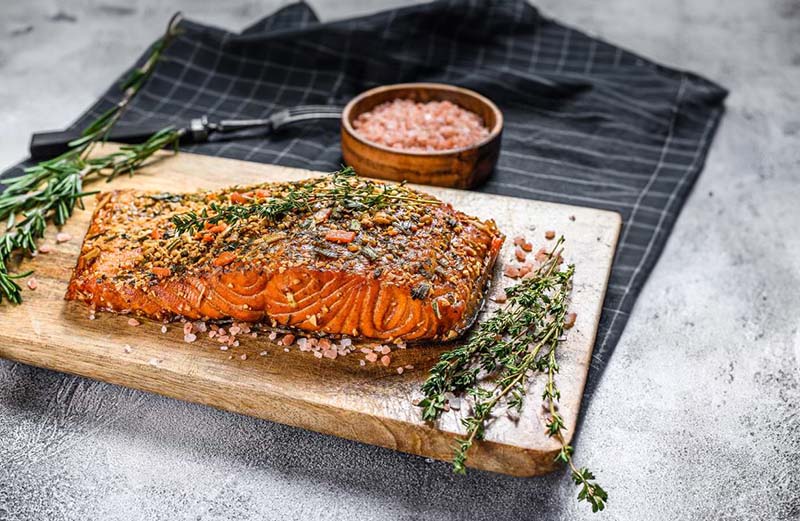
Conclusion
In conclusion, we’ve dived deep into the question, “Is Salmon good for weight loss?” and uncovered the incredible benefits this nutritional powerhouse offers. From its high-quality protein to its omega-3 fatty acids, salmon can be your trusty companion in your weight loss journey.
But we don’t stop here. We’d love to hear your own success stories and experiences with incorporating salmon into your diet. Share your insights in the comments below. And if you’re hungry for more health and beauty tips, be sure to check out more blogs from Blonde Beauty.

Laureate Professor Clare Collins
Professor Clare Collins is a leading expert in nutrition and dietetics at the School of Health Sciences, part of the College of Health, Medicine and Wellbeing. Her work is changing the way we think about food and health. She grew up as one of nine children and was the first in her family to finish high school and go to college. This background gave her a strong work ethic and a deep appreciation for seizing opportunities.
As the Director of the Hunter Medical Research Institute’s Food and Nutrition Program and a recipient of three NHMRC Research Fellowships, Professor Collins is making a big difference in public health. She focuses on helping people who are often overlooked, using new technologies like apps and online programs to improve their nutrition and reduce the risk of chronic diseases.
Professor Collins is well-respected and has been recognized as a Fellow in four major health and science organizations. She leads a diverse team of experts, including dietitians, computer scientists, and engineers, working together on global health projects.
Her achievements are impressive. She has received over $29 million in research funding, published more than 450 papers, and helped 35 PhD and Master’s students complete their degrees. She’s also active in sharing her knowledge with the public. She has developed tools like the Australian Eating Survey and the Healthy Eating Quiz, and she often appears in the media to talk about nutrition.
PUBLISHED ARTICLES
- Collins, C. (2019). “The Effect of a Pilot Dietary Intervention on Pain Outcomes in Patients Attending a Tertiary Pain Service.”
- Collins, C. (2022). “Variation in cardiovascular disease risk factors among older adults.”
- Collins, C. (2022). “Evaluation of an online intervention for improving stroke survivors’ health-related quality of life: A randomised controlled trial.”
These articles show Professor Collins’s commitment to understanding how better nutrition can improve health. Her work is important for researchers, doctors, and anyone interested in healthy living.
